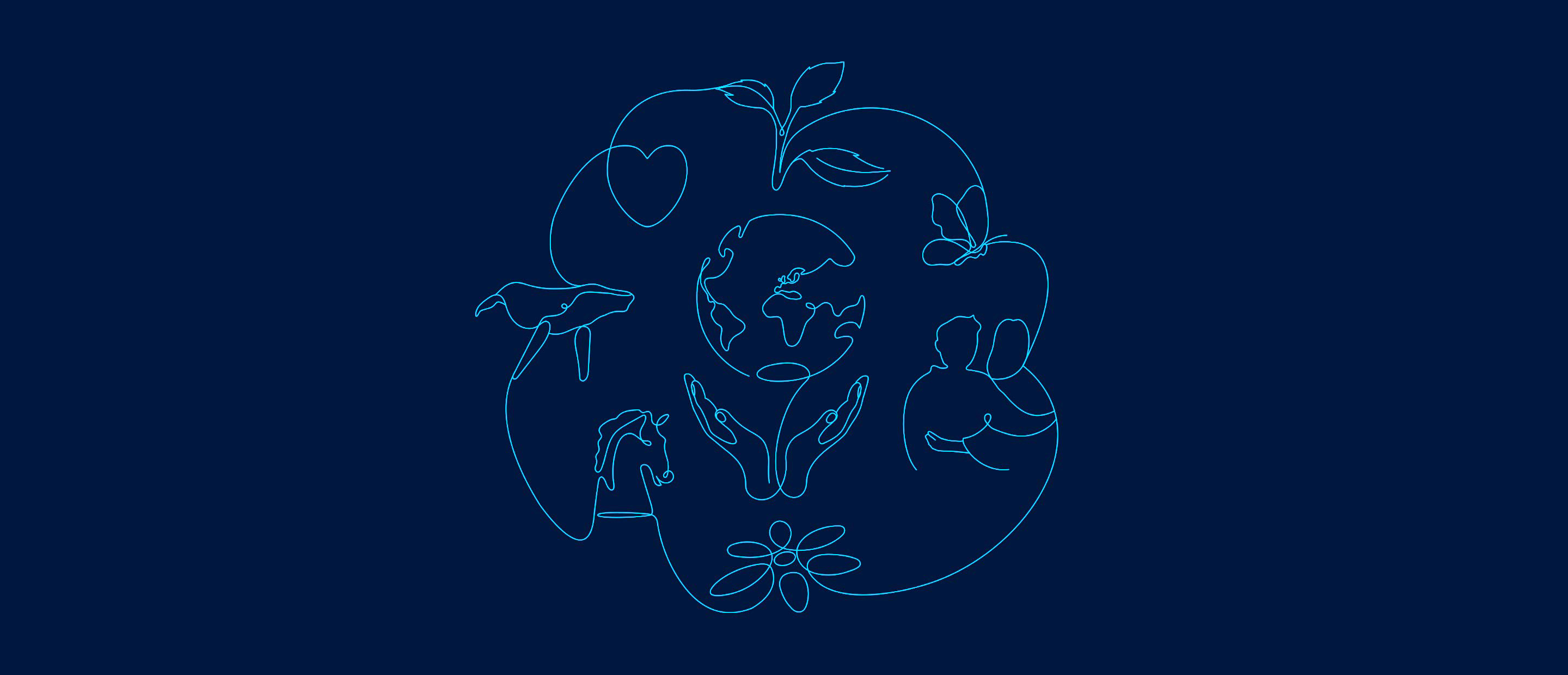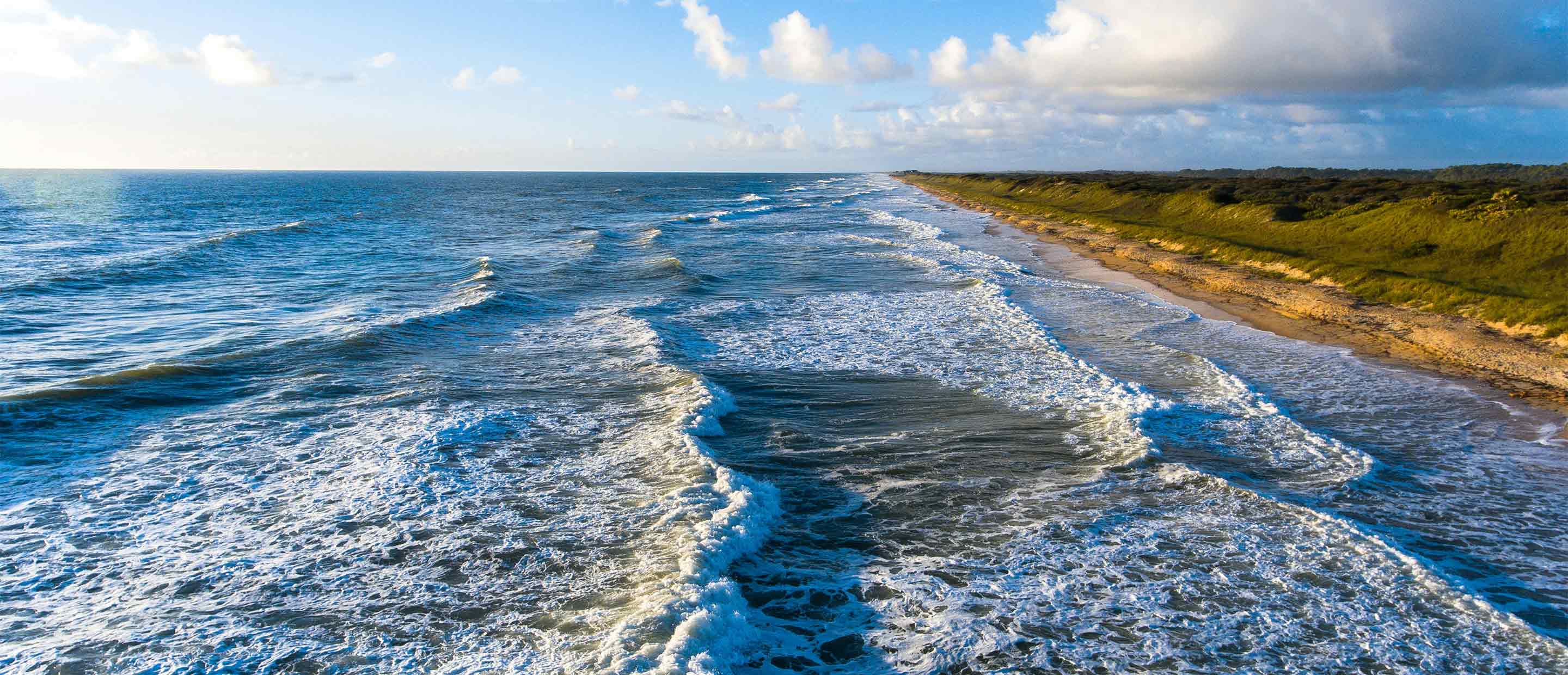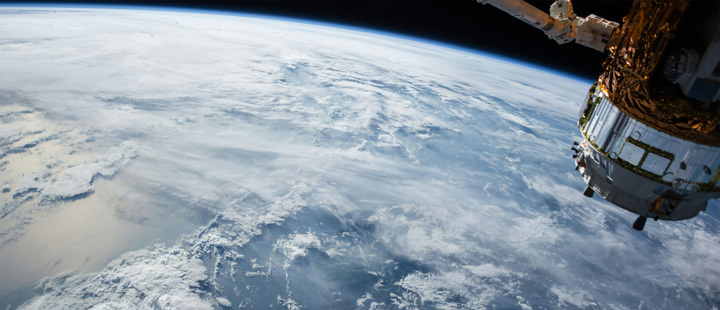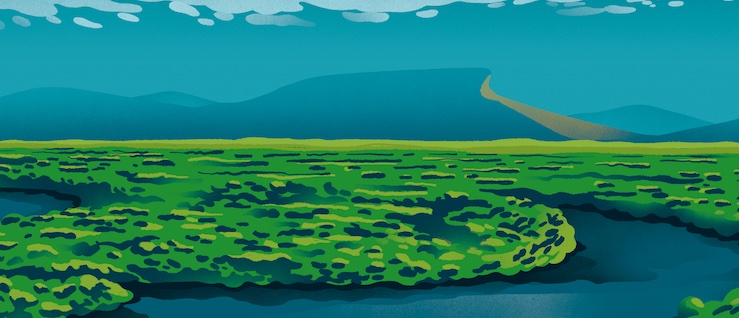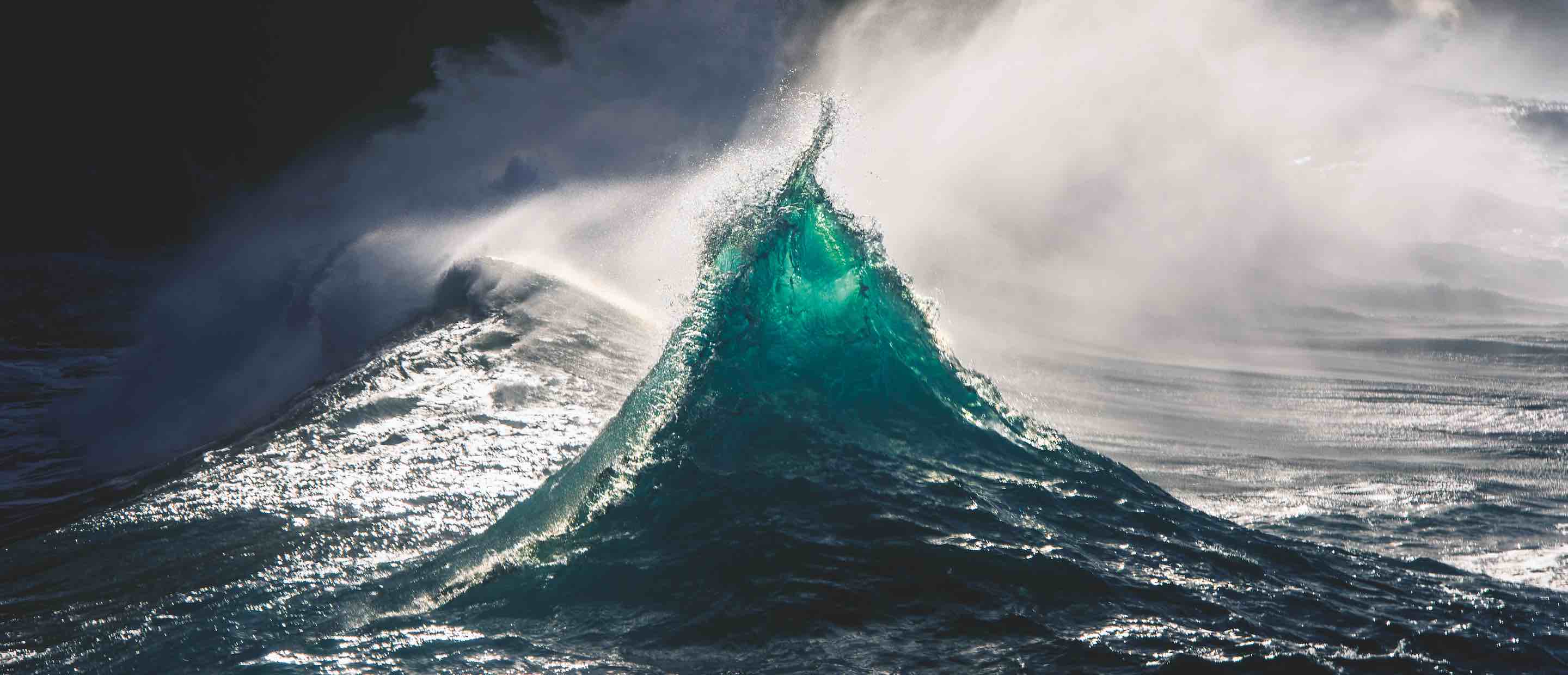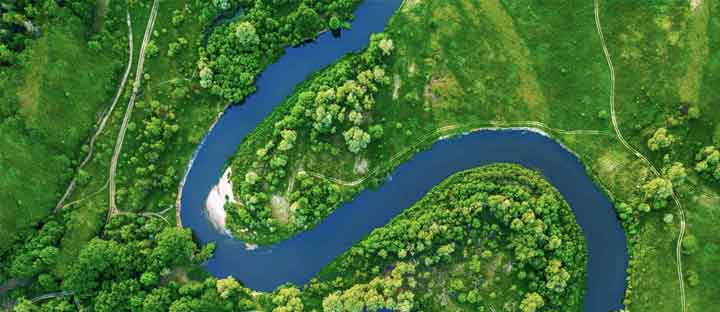Click here to activate this content.
At this year’s Frieze London, Claudio de Sanctis, Head of the International Private Bank and CEO EMEA, Deutsche Bank, was joined by a panel of leading experts to discuss how a reimagined economic system might arrest – and even reverse – biodiversity loss.
“The biggest killers of biodiversity are you and I.” For those concerned with the rapid decline of ecosystems, the words of Dominic Jermey CVO OBE, Director-General of the Zoological Society of London (ZSL), will cut right to the core of the issue. But there is hope. Gradually, governments and multi-lateral organisations are beginning to seek solutions.
Jermey was taking part in an event in the Deutsche Bank Wealth Management Lounge at the Frieze Art Fair in London’s Regent’s Park, just a few hundred yards from the zoo and research institute that he manages as part of his global role.
Hosted by Claudio de Sanctis, Head of the International Private Bank and CEO EMEA, Deutsche Bank, the event also featured Sir Partha Dasgupta, Frank Ramsey Professor Emeritus of Economics at the University of Cambridge, who explained the radical concepts that could reconfigure our economics around protecting biodiversity, and Christian Nolting, the Chief Investment Officer for Deutsche Bank’s Private Bank, who provided a market perspective. But first, Mr. Jermey outlined the scale of the challenge we face.
Why saving the environment depends on changing human behaviour
ZSL’s ‘Living Planet Index’ is used by governments and the United Nations to measure what’s happening to wildlife around the world. By tracking 25,000 populations of mammals in the wild, it shows a 68% decline in the abundance of wildlife since 1970.
This is “catastrophic decline on an industrial scale” and the reasons for it are threefold: human-caused land use change, human-caused climate change and the exploitation of wildlife. According to Mr. Jermey, “the common factor of these three root causes is people – and that’s why the answer to this biodiversity crisis is about changing what people do.”
Because of rapid urbanisation, many people have become disconnected with nature – and species decline simply isn’t resonating on an emotional level. To fundamentally change human behaviour, he argued, re-establishing that connection is critical.
The consequences of biodiversity loss are already upon us
Man’s encroachment on the natural world is already having serious consequences – the most immediate being the pandemic.
Referring to COVID-19, Mr. Jermey pointed out that “these diseases exist in wildlife populations perfectly happily and have for many centuries. But the reason they make the jump is because of the proximity to people… wildlife and people are crashing together because parts of the ecosystem are being knocked out, so there is no longer a balance in that ecosystem.”
As well as the proliferation of zoonotic diseases, human activity is also threatening food chains. Fish stocks have been decimated and overuse of pesticides is wiping out pollinators. Ultimately, the way we are interacting with nature and biodiversity is affecting our health, our livelihood and our wallets.
Why we must rethink ecosystems as capital assets
For Sir Partha Dasgupta, whose “Economics of Biodiversity” report sent shockwaves through governments and multi-lateral institutions in early 2021, we can solve the problem by reframing our thinking around economics.
He described ecosystems as capital assets which we must bring into line with human capital and produced capital. “Until now we have kept nature out of economic theorising and practice too, because government models of their economies are built on nature being absent. Or we bring it in when we want to talk about it – like climate change – and then take it away when we don’t want to talk about it. That flexibility is unwarranted.”
If we embed the human economy within nature, he argued, “this will have deep implications on our understanding of future possibilities for the global economy.”
Imagining a world where people pay for “global public goods”
Expanding on the idea of positioning ecosystems as capital assets, Sir Partha took the ocean and rainforests as examples of “global public goods”. As it stands, we are causing these systems immeasurable harm without anyone being held accountable. But imagine if people paid fees to use or protect them.
In the case of the oceans, that might mean companies paying rent for the use of shipping lanes which would generate billions and billions every year, as well as reducing pressure on the oceans. Or it could mean paying countries with rainforests a fee for preventing deforestation.
This concept is known as “payment for ecosystem services” and at a national level this is being practised more and more. For example, in Costa Rica, China and the UK, farmers are paid for the services that their land produces. If we applied this on a global level, it could be completely transformational.
The precedents for a market response to environmental damage
From a macroeconomic perspective, attitudes are beginning to shift and the degradation of nature is now being factored into analyses of GDP.
As Christian Nolting explained, “if something is destroyed, it's not taken out of GDP and if you rebuild, it's just bringing up GDP, so it's a positive thing. But if you now think of nature, the destruction of nature is not deducted from GDP, but it should be because it bears the risk, and I think that's where the change is coming.”
From a micro perspective, more data is required to really understand what is happening. The positive news is that entities like the Task Force on Climate Change or the Task Force on Nature Related Financial Disclosure demonstrate that meaningful data can be collected and acted upon.
The better the data we have, the sooner we can create innovative financial products that will protect ecosystems while generating returns.
The positive steps we can all take to fight biodiversity loss
Concluding the discussion on a positive note, Mr. Jermey reminded our audience that the power to change things is in our hands: “Act! Do something! Because you can make a difference. You can make a difference by who you vote for. You can make a difference by what investments you have and the ESG investments of the businesses you invest in.”
Mr. Nolting agreed with this, noting that ESG regulation is coming in – and if companies don’t react accordingly they will feel pressure on their prices: “We will sell them, they are out!”
Finally, Sir Partha encouraged audience members living in urbanised areas to work with local communities to increase green space: “That can be done – and is being done – in many parts of the world.”
With special thanks to our expert speakers: Dominic Jermey CVO OBE, Director-General of the Zoological Society of London (ZSL); Professor Sir Partha Dasgupta, Frank Ramsey Professor Emeritus of Economics at the University of Cambridge; Christian Nolting, Global Chief Investment Officer, Deutsche Bank Private Bank.
